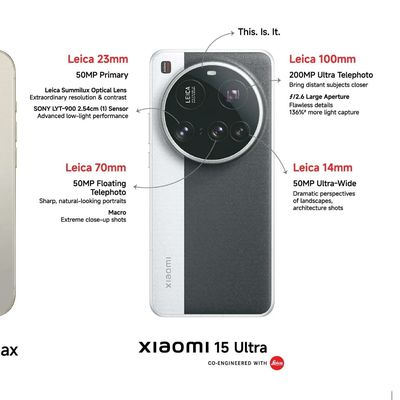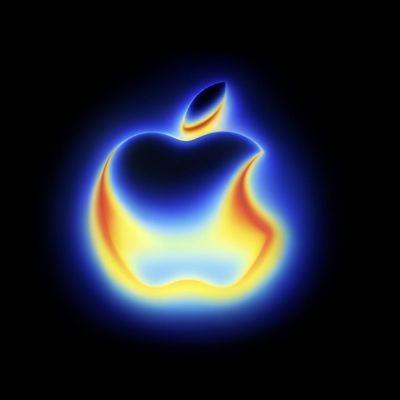Following an FTC complaint alleging Qualcomm engaged in anticompetitive patent licensing practices, Apple has filed a lawsuit against Qualcomm claiming the company has charged unfair royalties for "technologies they have nothing to do with."

According to a statement Apple shared with several news sites, Qualcomm "reinforces its dominance" through exclusionary tactics and high patent licensing fees. Apple's full statement is below:
"For many years Qualcomm has unfairly insisted on charging royalties for technologies they have nothing to do with. The more Apple innovates with unique features such as TouchID, advanced displays, and cameras, to name just a few, the more money Qualcomm collects for no reason and the more expensive it becomes for Apple to fund these innovations. Qualcomm built its business on older, legacy, standards but reinforces its dominance through exclusionary tactics and excessive royalties. Despite being just one of over a dozen companies who contributed to basic cellular standards, Qualcomm insists on charging Apple at least five times more in payments than all the other cellular patent licensors we have agreements with combined.
To protect this business scheme Qualcomm has taken increasingly radical steps, most recently withholding nearly $1B in payments from Apple as retaliation for responding truthfully to law enforcement agencies investigating them.
Apple believes deeply in innovation and we have always been willing to pay fair and reasonable rates for patents we use. We are extremely disappointed in the way Qualcomm is conducting its business with us and unfortunately after years of disagreement over what constitutes a fair and reasonable royalty we have no choice left but to turn to the courts."
In the lawsuit, filed in a federal district court in the Southern District of California, Apple accuses Qualcomm of using its position as the supplier of a key iPhone component to drive up patent licensing fees.
Qualcomm supplies the LTE modems used in Apple's line of iPhones, and up until 2016, the company was Apple's sole supplier. The iPhone 7 and the iPhone 7 Plus use modems from both Qualcomm and Intel.
Qualcomm reportedly forced Apple to use its LTE chips exclusively in iOS devices and pay a percentage of the total average selling price of an iPhone for access to Qualcomm patents.
Qualcomm is supposed to provide Apple with quarterly rebates, but has failed to do so for the past year because of Apple's participation in an antitrust investigation against Qualcomm in South Korea. That investigation led to an $850+ million fine against Qualcomm for anticompetitive licensing practices.
Apple is seeking $1 billion in rebate payments that have been withheld.
Earlier this week, the United States Federal Trade Commission filed a lawsuit against Qualcomm that focused in part on Apple and Qualcomm's licensing deals. According to the FTC, Qualcomm imposes "onerous and anticompetitive supply and licensing terms" on its smartphone partners by abusing its patent portfolio.
Qualcomm has said it has "grave concerns" about the lack of evidence supporting the FTC's allegations and has promised to defend itself in federal court.
Update 1/25: Apple has also filed two lawsuits against Qualcomm in Beijing. The first, which seeks 1 billion yuan ($145.32 million) in damages accuses Qualcomm of abusing its clout in the chip industry. The second claims Qualcomm has not fulfilled promises to license standard essential patents fairly.


















